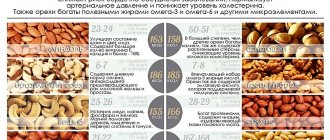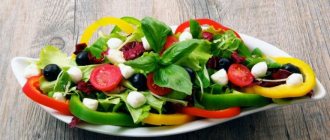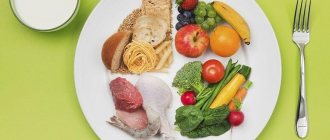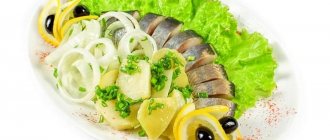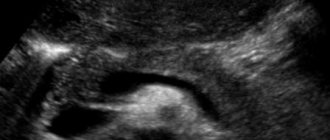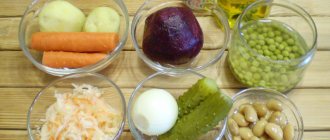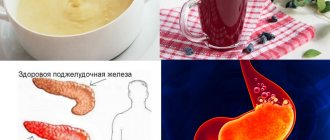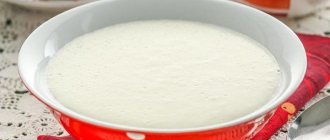Cucumbers are a healthy and low-calorie product, which is often included in the list of permitted vegetables for various diseases. Digestion of such food does not place a burden on the gastrointestinal tract, since the digestion process does not require the active production of enzymes. However, with pancreatitis, not everything is so simple. It is also necessary to make allowances for the form in which the cucumbers are planned to be consumed. Pancreatitis is a very serious disease, which is an inflammatory process in the pancreas. Inflammation can be both chronic and acute, so the disease is most often characterized by alternating remissions and exacerbations. Each stage has its own restrictions regarding the consumption of certain foods.
Is it possible to eat fresh cucumbers for pancreatitis of the pancreas?
Without vegetables, a person’s diet cannot be called complete. Fresh cucumbers are a different story. Some representatives of official medicine not only recommend including this vegetable in the diet, but even often advise sticking to a cucumber diet for several days during the period of remission. This is an excellent relief for the pancreas.
Other doctors advise to be more careful, since if the disease is at the acute stage, then it is absolutely forbidden to include such a product on the menu due to the abundance of indigestible plant fiber. Therefore, it is better to first consult with a specialist and follow his recommendations. Perhaps it is at this moment that cucumbers are contraindicated.
If there are no currently contraindications, the vitamin and mineral complex contained in the product:
- restores normal functioning of the pancreas;
- relieves inflammation of the mucous membrane;
- has a stimulating effect on the organ;
- improves metabolic processes;
- removes toxins from the body;
- reduces stomach acidity;
- normalizes gastrointestinal motility.
Useful properties of cucumber
Almost 95% of cucumber is water, saturated with beneficial vitamins, micro- and macroelements. The peculiarity of cucumber juice is that it contains all the substances important for the human body in an optimal ratio. Therefore, moderate consumption of these vegetables is a simple and effective way to prevent the development of many gastrointestinal pathologies. With pancreatitis, due to disruption of the normal functioning of the organ in the body, the concentration of useful substances necessary for the cells of the body decreases. Therefore, it is not advisable to refuse this product in its fresh form (of course, if the doctor sees no contraindications).
It is also necessary to mention the fact that cucumbers increase appetite. This is not always a beneficial factor for a person suffering from pancreatitis. Meals should be small and frequent, the portions should be small, and you should never overeat. Therefore, if cucumber provokes an increase in appetite, it is better not to get carried away with it.
Advantages and disadvantages
Cucumbers have a number of beneficial properties:
- stimulate appetite and satisfy hunger well, while not causing weight gain due to low calorie content and minimal fat content;
- cleanse the body of harmful substances, waste, toxins, because they contain a lot of water and fiber;
- contribute to the normalization of metabolic processes;
- reduce swelling, acting as a diuretic;
- remove excess bile and tend to dissolve small stones in the gall bladder.

Cucumbers contain many vitamins and microelements that have a beneficial effect on almost all vital systems of the human body. These are magnesium, phosphorus, calcium, iron, B vitamins, ascorbic acid, zinc. But fresh cucumbers are especially rich in potassium, a substance that plays an important role in digestion processes. Potassium improves food absorption, helps prevent constipation and flatulence, and helps cleanse the intestines.
Cucumbers have not only beneficial but also harmful qualities. The vegetable can negatively affect the body in the presence of certain diseases. Thus, excessive consumption of cucumber fruits can overload the kidneys, so people with kidney pathologies should eat this product in strictly limited quantities.
Due to their ability to increase the acidity of digestive juices, cucumbers are contraindicated for stomach and duodenal ulcers and hyperacid gastritis.
It is not recommended to consume this vegetable if you have liver diseases.
Cucumbers can cause the movement of large stones in the gall bladder and provoke blockage of the ducts, so if you have gallstones, you should not eat them either.
How to properly use cucumbers for pancreatitis
Of course, a disease such as pancreatitis makes its own adjustments to the diet, so people suffering from this pathology should take note of the following tips:
- It is best to peel the greens. Although the peel is healthy, in this case the coarse fiber contained in it may not have the best effect on the inflamed organ.
- Vegetables are recommended to be eaten in chopped form. To do this you need to use a fine grater. The mixture can be seasoned with a small amount of vegetable oil. The result is a tasty and healthy salad. However, it is better to cook it only for once and eat it right away. During storage in the refrigerator, the useful components become smaller. With stable remission, you are even allowed to occasionally treat yourself to a cucumber and tomato salad, after first removing the skin from the vegetables.
- You can prepare fresh fruit by grinding the pulp of the peeled fruit in a blender. But you should not drink it on an empty stomach.
- It should not be abused. Everything should be in moderation. This vegetable has a strong diuretic effect, as a result of which, when consumed in excess, not only harmful, but also beneficial substances are washed out of the body. Excess dietary fiber can cause frequent bowel movements and abdominal pain.
- The optimal amount per day is no more than 100–150 grams.
- You cannot eat fresh cucumbers during an exacerbation period. You can include them in the menu about a week after the symptoms subside. The first allowed dose is 1 tablespoon. If the body accepts a portion of such food normally, you can eat more the next day. You definitely need to monitor your well-being. If after tasting there is suspicious discomfort or heaviness in the left hypochondrium, this indicates an unhealthy state of the organ. Therefore, for some period you will have to stop using the product that caused such a reaction.
- It's better to grow your own vegetables. Products sold in markets and stores are often saturated with nitrates and other harmful substances, which can play a cruel joke not only on a patient with pancreatitis, but even on a relatively healthy person. Cucumbers must be environmentally friendly, then you can eat them without fear for your own health. In the winter season, buying store-bought greens is generally dangerous, since this is a seasonal product. Out of season, such cucumbers are 100% likely to contain excessive amounts of pesticides.
Although no one likes bitter cucumbers, they provide the maximum benefit due to the presence of a special substance that gives them bitterness.
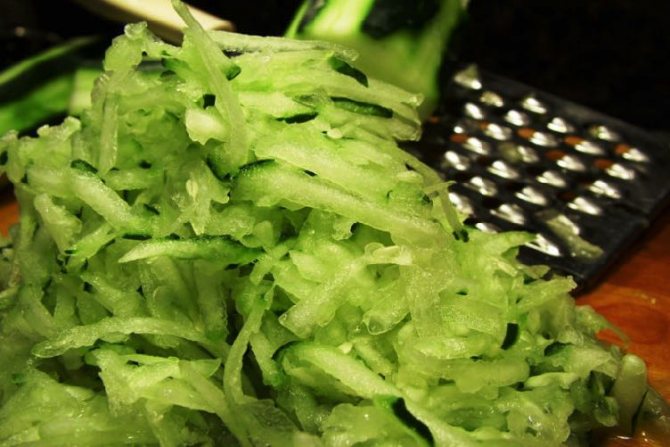
For pancreatitis, grated cucumber is better
With chronic pancreatitis, normal bowel function is often disrupted. Since the diet limits the consumption of fresh vegetables, the situation is aggravated by constipation. Adding even the minimum permitted amount of cucumbers helps normalize stool. Once in the gastrointestinal tract, this green vegetable significantly accelerates and enhances the absorption of carbohydrates and fats. Thanks to the large amount of fiber, food quickly moves through the intestines and is eliminated naturally. But if a person is prone to diarrhea, then you need to be careful with these vegetables, as side effects may appear in the form of increased bowel movements, flatulence and bloating.
There is also such a nuance as the presence of numerous seeds in the fruits. Once in the intestines, they cause increased methane production. This is accompanied by a feeling of heaviness in the stomach. It turns out that the swollen intestinal loops irritate the tissues of the diseased organ by coming into contact with them. This is expressed in the form of pain and discomfort.
The right purchase
Of course, if you have an inflamed gland, then it is best to grow cucumbers at home, as they will not contain chemical additives. If you do not have the opportunity to grow a vegetable at home, then you need to know how to make the right choice when purchasing.
So, the first thing you should pay attention to is the color of the skin. The cucumber must be of uniform color along its entire length; if there are spots of a different color, you must choose a different variety of cucumber.
The second important point is color. A good cucumber is dark or light in color, it all depends on the variety. But, if you see that this vegetable is rich in color, then this should alert you, as this means that chemical components were used during the growing process.
The third stage is hardness. The vegetable should be quite firm along its entire length. It is not allowed to consume a soft product, especially with pancreatitis.
Doctors' advice : in winter, if you have inflammation, you should stop eating cucumber.
In any case, before including it in your diet, it is best to consult a doctor to avoid possible health complications.
Is it possible to have lightly salted cucumbers for pancreatitis?
Unfortunately, this diagnosis is associated with many gastronomic restrictions. Hot, salty, spicy foods with a lot of fiber should not be eaten. It is clear that pickles and marinades have excellent taste, but they do not provide any benefits to the body, even if the person is healthy.
In the process of preparing lightly salted cucumbers, citric acid and vinegar are not used. But vegetables release their acid, which is quite capable of triggering another serious attack of pancreatitis.
It is especially dangerous to eat industrially produced products, since, in addition to ordinary salt, they also contain harmful and dangerous chemical preservatives that do not add health to anyone.
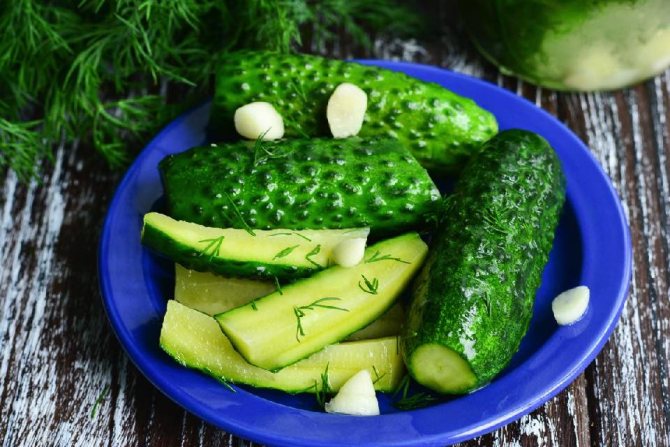
It is better to avoid lightly salted cucumbers if you have pancreatitis of the pancreas.
Reviews
Reviews from patients indicate that such a product should be introduced into the diet carefully and only after consultation with a gastroenterologist. After all, each organism is individual.
Anastasia, 32 years old, Norilsk
Two years ago I was diagnosed with pancreatitis. I had to go on a strict diet. The doctor recommended eating only soups and purees, rosehip infusion, and stale bread. Everything is unsalted. The only vegetables allowed were carrots, potatoes, zucchini and cauliflower. If there are no problems with the intestines, I allowed the consumption of kefir and fresh cucumbers. I had to forget about spicy and pickled food. But I feel much better.
Nikolay, 41 years old, Pskov
Survived an exacerbation of chronic pancreatitis after a prolonged remission. I managed to eat a few small pickled cucumbers. I couldn't resist. Which I greatly regretted.
Olga, 57 years old, Moscow
I have been suffering from pancreatitis for a long time. I know all the allowed and prohibited foods for my illness by heart. The attending physician recommended a cucumber diet to cleanse the body of toxins. I don’t know how much it helped remove harmful substances, but my health worsened. I always allowed myself to eat 1-2 fresh cucumbers, but a large amount did more harm than good. True, this is only a personal opinion based on experience.
Is it possible to have pickles for pancreatitis?
Many people associate the cold season with traditional vegetable and fruit preparations. For healthy people, such food does not cause any particular harm, unless, of course, you abuse it. But patients with pancreatitis should understand that all kinds of pickles are contraindicated for them. It is better to reconsider your attitude to nutrition by excluding prohibited foods from the menu than to take liberties and then suffer from exacerbations and pain.
Doctors do not advise eating pickles if you have pancreatitis, regardless of the form of the disease - chronic or acute. The reason is that preservation uses ingredients that, if the pancreas malfunctions, are not only harmful, but also dangerous. As a rule, the following spices and products are used for preparations:
- lemon acid;
- horseradish;
- vinegar;
- garlic;
- hot peppers;
- salt.
Even a one-time use of canned cucumbers can cause an exacerbation. Such products irritate the mucous membrane and provoke excessive secretion of digestive enzymes and juices. The fact is that with this disease the outflow of these substances is disrupted, which is why the tissues simply begin to digest themselves. Everything can end very seriously - even in the death of pancreatic tissue.
There is no need to be very upset about such a ban. It is enough to understand for yourself that any heat treatment destroys most of the vitamins and microelements, and consuming large amounts of vinegar and salt has never benefited anyone.
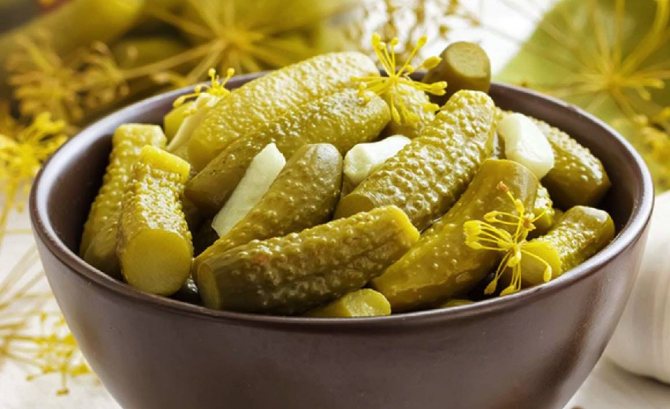
It is also better to exclude pickled cucumbers from the patient’s diet.
What are the benefits of cucumbers?
This vegetable is not considered very healthy due to the relatively small amount of nutrients in its composition. Main ingredients:
- water – approximately 95% of the cucumber’s composition;
- vitamins B, C, A;
- microelements (iodine, iron, potassium, phosphorus, calcium);
- enzyme-like substances that help break down protein and fat compounds;
- vegetable fiber.
This composition of cucumbers ensures their benefits for patients with pancreatitis and other diseases of the gastrointestinal tract, causing the following effects in the body:
- Diuretic effect - removing excess fluid accumulated by body tissues for various reasons, eliminating edema in diseases of the kidneys and cardiovascular system.
- Stimulation of digestive tract motility due to the presence of fiber in the vegetable peel, normalization of stool, removal of toxins and cholesterol.
- Choleretic effect: dissolution, removal of small stones from the gallbladder, bile ducts, pancreatic ducts.
- Normalization of cellular and tissue metabolism, anti-inflammatory effect in relation to pancreatic tissues.
